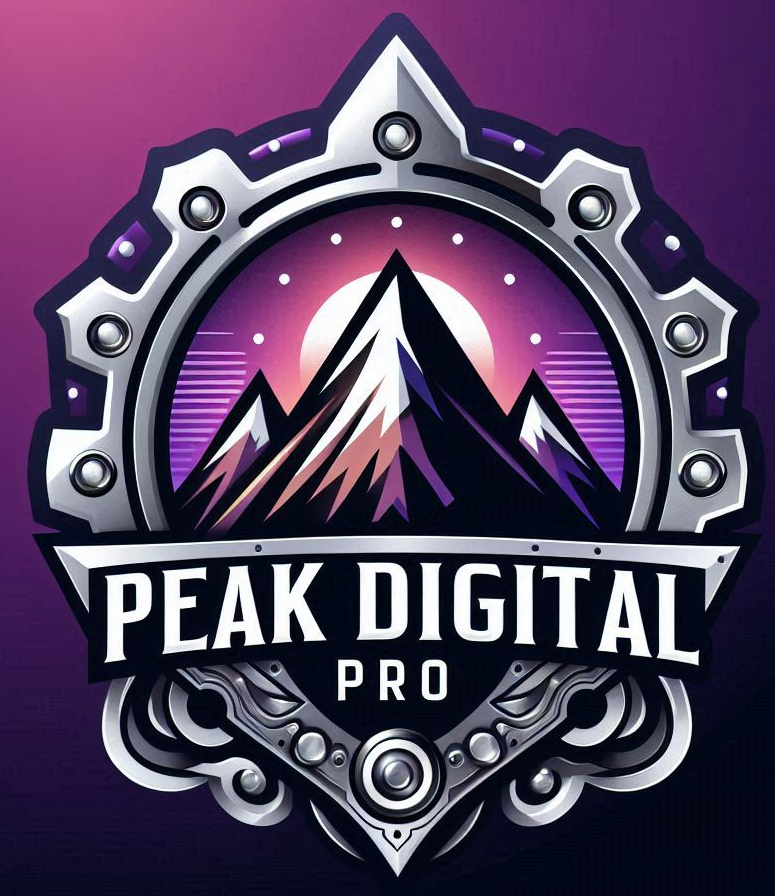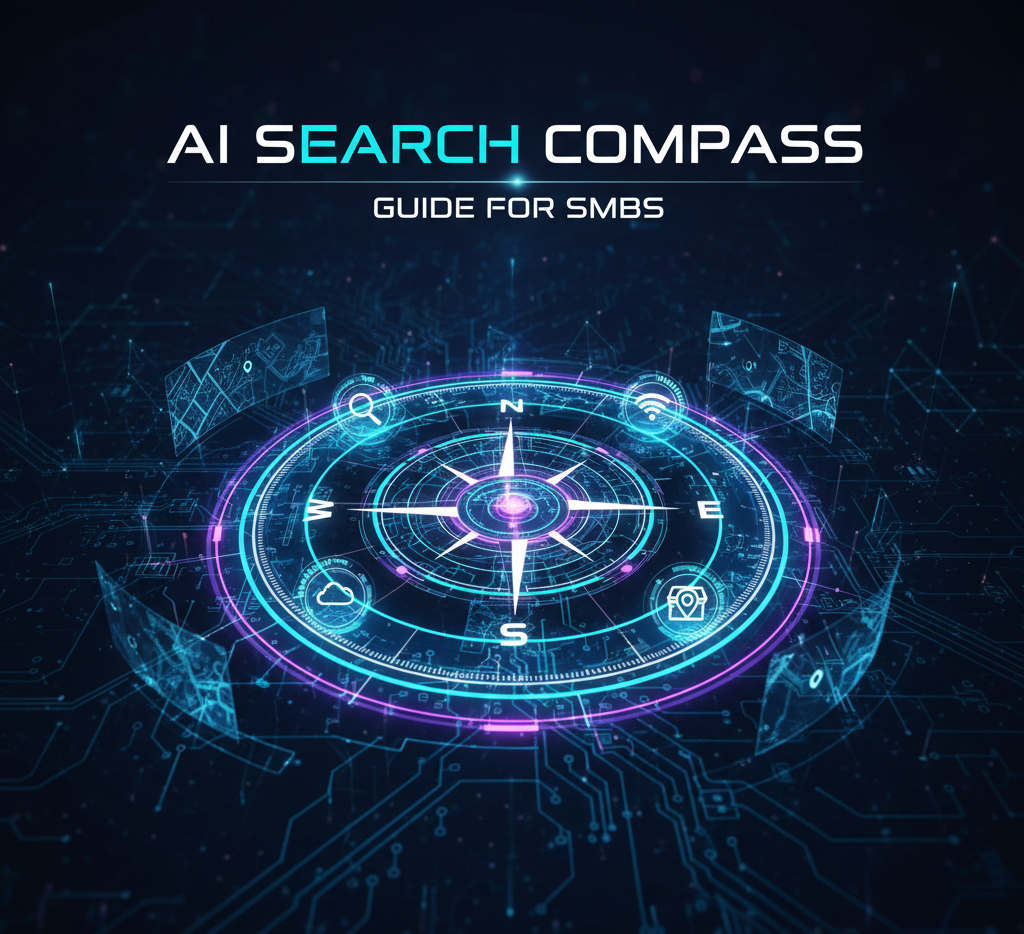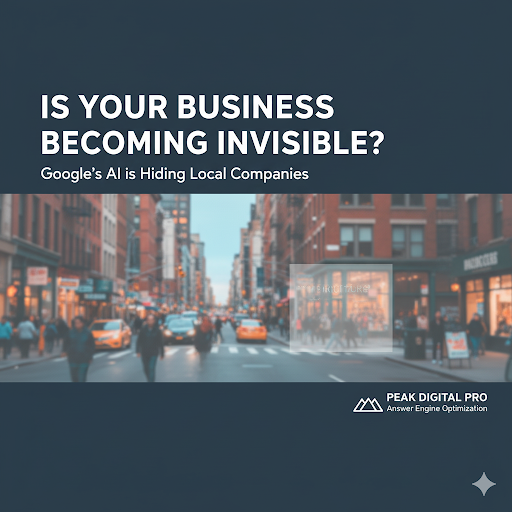Level Up Your Local Business: How to Thrive in the Age of AI Search and Smarter Customer Interactions
Keeping Up With The Rise Of AI Agent Search

The digital landscape is constantly evolving, and for small local businesses, keeping up can feel like a full-time job. With the rise of AI agents like Google's AI Overviews, ChatGPT, and Gemini, the way customers find and interact with businesses online is changing rapidly. It's no longer just about traditional SEO; it's about being "AI-ready."
But don't panic! This shift presents an incredible opportunity for local businesses to stand out. By optimizing your website and online presence for these intelligent new systems, you can ensure your business gets discovered, provides seamless customer experiences, and ultimately drives more sales.
Here are the most important steps your small local business can take to thrive in the AI-powered search era:
1. Speak AI's Language: Structured Data (Schema Markup) is Your Best Friend
Think of structured data, specifically Schema Markup, as a universal translator for your website. It's a special code you add to your website's HTML that helps AI agents and search engines understand exactly what your content is about – your business name, address, phone number (NAP), opening hours, product details, services offered, reviews, and more.
Why it's crucial: AI agents rely on this structured information to provide direct, concise answers to user queries. If your data isn't clearly labeled, they might struggle to interpret it, meaning your business could be overlooked.
Actionable steps:
- Implement LocalBusiness Schema: This is a must for any local business. It tells AI agents your business's core information.
- Product and Service Schema: If you sell products or offer specific services, use corresponding schema types to detail them (e.g., price, availability, descriptions).
- FAQ Schema: If you have an FAQ section, mark it up so AI can directly answer common questions.
- Use Tools: Google's Rich Results Test and Schema.org are excellent resources to help you implement and validate your schema markup. Many website builders and SEO plugins also offer easy ways to add schema.
2. Craft Content for Conversations, Not Just Keywords
AI agents excel at understanding natural language and answering complex questions. This means your content strategy needs to shift from simply stuffing keywords to providing comprehensive, conversational answers to potential customer queries.
Why it's crucial: Users are increasingly asking full questions (especially through voice search) like "What's the best bakery near me open right now?" or "Do they offer gluten-free options at [Your Business Name]?" Your content needs to directly address these types of inquiries.
Actionable steps:
- Embrace Long-Tail Keywords: These are longer, more specific phrases that mirror how people speak. Use tools to find what questions people are asking related to your business and services.
- Create FAQ Pages: Dedicate sections or pages to frequently asked questions about your business, products, or services.
- Blog Posts with Answers: Write blog posts that directly answer common customer pain points or questions. For example, "How to choose the right [your product/service]" or "Benefits of [your product/service] for [target audience]."
- Use Natural Language: Write your content in a natural, conversational tone as if you were talking directly to a customer.
3. Optimize Your Google Business Profile (GBP) – It's Your Digital Storefront
Your Google Business Profile is more important than ever. It's often the first place AI agents look for information about local businesses. A complete and accurate GBP is paramount for appearing in local search results and AI-driven answers.
Why it's crucial: AI agents pull information directly from your GBP to answer "near me" queries, provide directions, and even book appointments. Inaccurate or incomplete information can lead to missed opportunities.
Actionable steps:
- Verify and Complete Everything: Ensure every field is filled out accurately: business name, address, phone number, website, hours (including holiday hours), categories, photos, and services.
- Regularly Update Information: If your hours change, or you offer new services, update your GBP immediately.
- Encourage and Respond to Reviews: Positive reviews build trust, and AI agents consider review sentiment when recommending businesses. Respond to all reviews, positive and negative, professionally.
- Post Updates: Use the "Posts" feature to share news, specials, events, or product updates. This keeps your profile fresh and signals activity to AI.
4. Prioritize Mobile-First and Page Speed
Most online searches, especially local ones, happen on mobile devices. AI agents also prioritize fast-loading, mobile-friendly websites.
Why it's crucial: A slow or clunky mobile website frustrates users and can lead to AI agents bypassing your site in favor of faster alternatives.
Actionable steps:
- Responsive Design: Ensure your website adapts seamlessly to all screen sizes (phones, tablets, desktops).
- Optimize Images: Compress images to reduce file size without sacrificing quality.
- Minimize Code: Clean up unnecessary code and use caching to speed up loading times.
- Test Your Speed: Use Google's PageSpeed Insights to identify and fix performance issues. Aim for a load time under 3 seconds.
5. Embrace AI-Powered Customer Interactions (Chatbots & Beyond)
AI isn't just for search; it's also revolutionizing customer service. Integrating AI-driven tools can improve customer interactions, answer common questions, and free up your staff for more complex tasks.
Why it's crucial: AI agents often prioritize businesses that offer seamless and efficient customer experiences. A well-implemented chatbot can provide instant answers, improving customer satisfaction and potentially leading to more conversions.
Actionable steps:
- Consider a Chatbot: Implement a chatbot on your website to handle frequently asked questions, provide basic information, or even help with scheduling appointments.
- Train Your Chatbot: Ensure your chatbot is trained with accurate and helpful information about your business.
- Integrate with Existing Systems: Look for chatbots that can integrate with your CRM or scheduling software for a more streamlined experience.
- Automated Review Responses: Explore AI tools that can help you generate polite and brand-aligned responses to customer reviews.
The Future is AI-Powered: Get Started Today!
The shift towards AI-powered search and customer interactions is not a distant future – it's happening now. By taking these essential steps, your small local business can not only survive but truly thrive in this new digital landscape. Start implementing these strategies today, and watch your online presence grow, attracting more customers and building a stronger, more resilient business.








